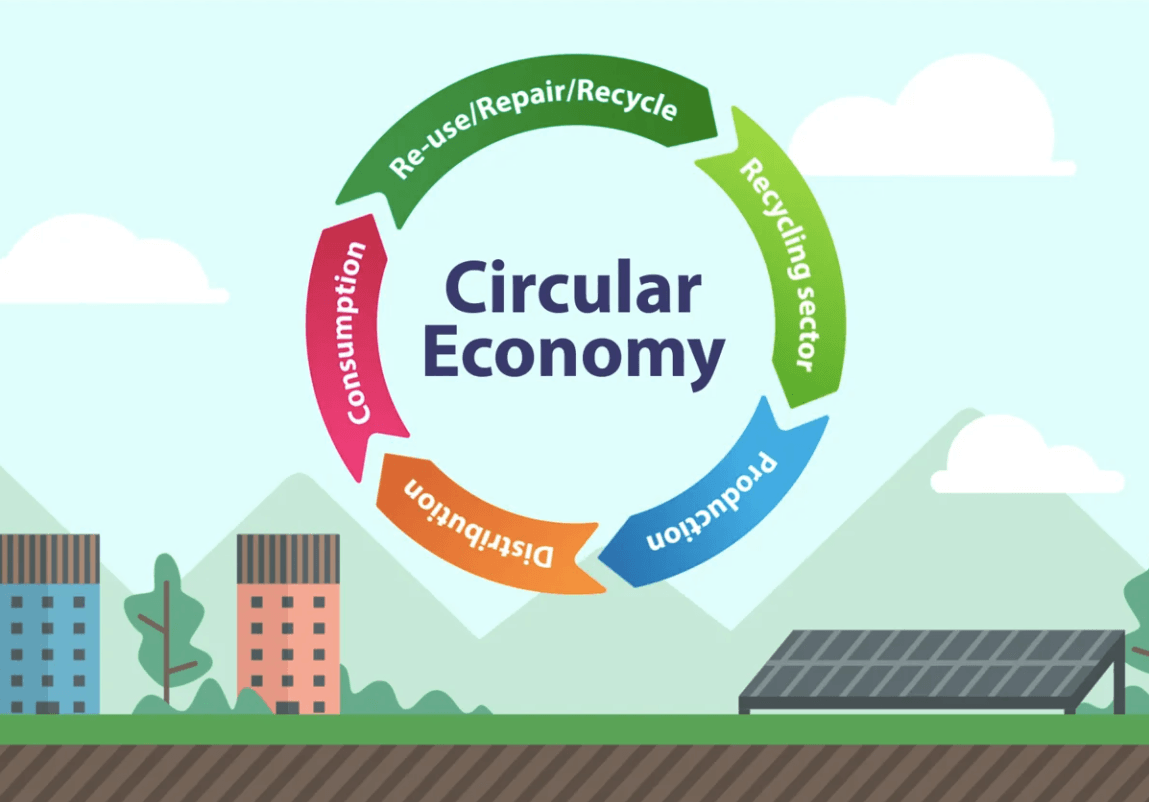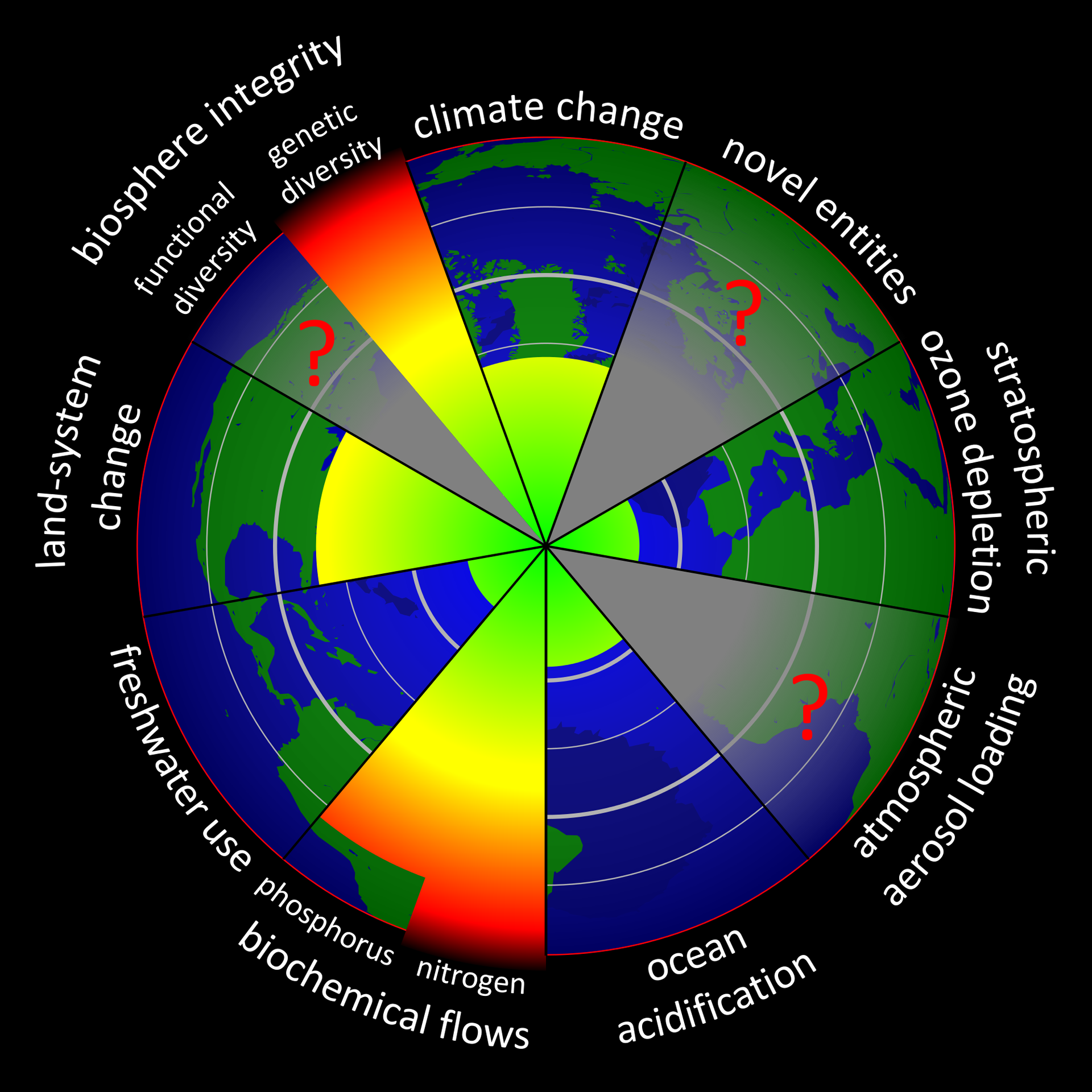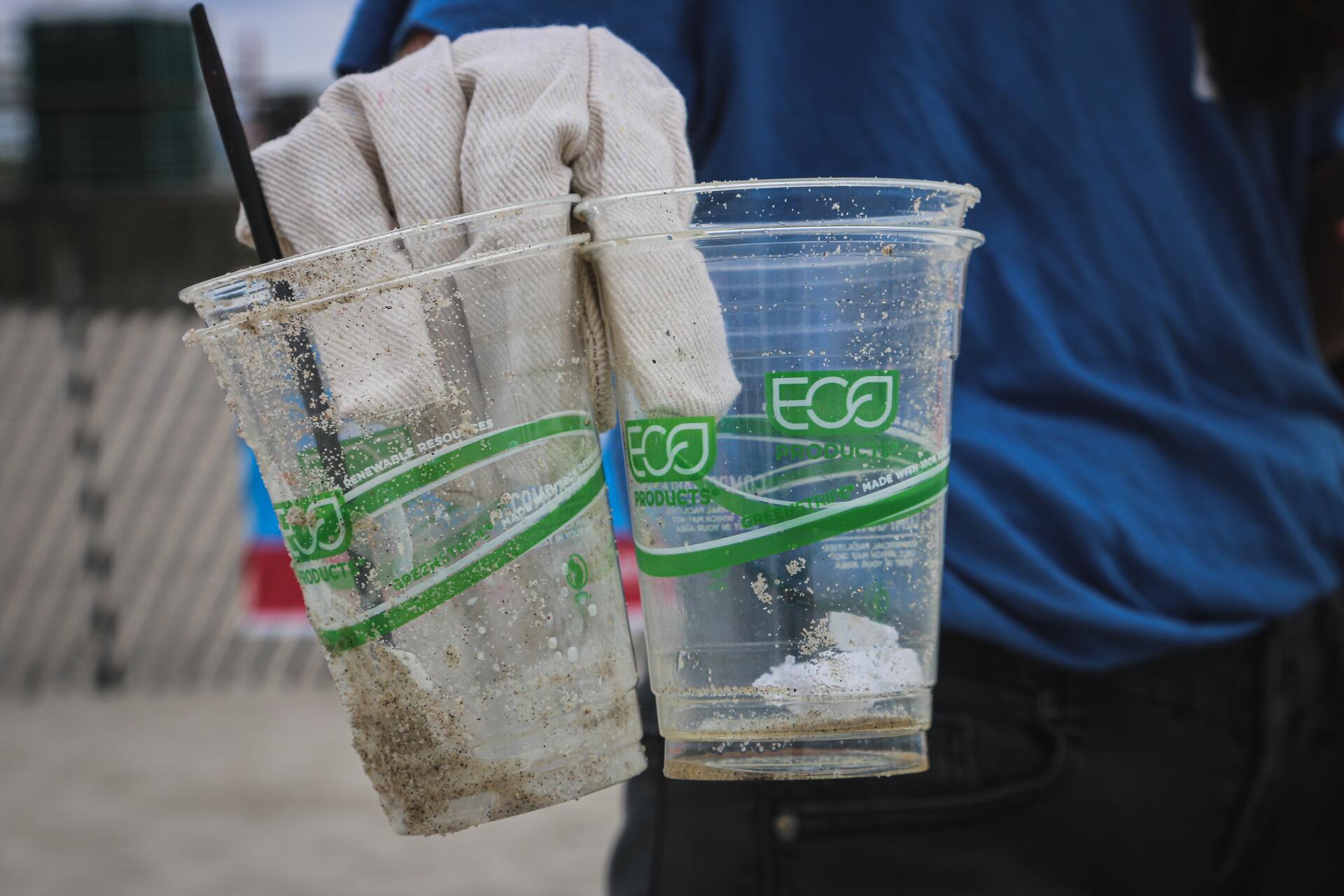Food Waste in Hospitality The Scale of the Problem
The Food Waste Issue

We are combining with Romulus Advisory to look at the problem of food waste in the Hospitality Industry.
What is the Scale of the Problem?
Hospitality disposes of £3.2 BILLION of food waste a year.
More alarmingly, 75% of that figure was fit to eat so the disposal was needless.
On average, 18% of the food purchased by the UK Hospitality and Food Service sector is being thrown away. It goes without saying that for every gram of food that ends up in the bin there is an environmental cost.
In terms of volume, it has been estimated that the UK Hospitality Industry wastes 1.1 million tonnes of food (this is still significantly lower than the 2011 figure of 2.87 million).
Despite many local councils now collecting food waste, UK households still waste 4.5m tonnes of food a year that could have been eaten, worth £14bn.
Needless to say, the problem is not unique to the UK and if food waste is considered a global context, then if food waste were a country, it would be the third largest emitter of greenhouse gases after China and the US.
In its report of 2011 Waste and Resources Action Programme (WRAP). found that.
• 40% of food that is wasted is carbohydrates, including potato, bread, pasta and rice. Reduced wastage in carbohydrates would have a significant impact on the total amount of food being wasted.
• The amount of food that is wasted each year in the UK is equivalent to 1.3 billion meals, or one in six of the 8 billion meals served each year.
• On average 21% of food waste arises from spoilage; 45% from food preparation and 34% from consumer plates.
• 1.3 million tonnes of packaging and 0.66 million tonnes of other ‘non-food’ wastes are also discarded, that includes items such as disposable kitchen paper and newspapers.
• 62% of packaging and other ‘non-food’ waste is recycled. The highest level of recycling is for glass and cardboard.
• 56% of packaging and other ‘non-food’ waste that is thrown away could have been readily recycled. In addition to this a further 130,000 tonnes of food waste is generated from the preparation of ready to serve food items and meals for the HaFS sector, at food manufacturing sites.
Since the 2011 report was written progress has been made for example the volume of food waste generated in the retail supply chain, the hospitality sector, and in homes stood at 9.5m tonnes in 2018, down from 10m tonnes in 2015 and 11.2m in 2007.
BUT in addition to the £3.2 billion of food waste disposed of by the hospitality sector, UK households still waste 4.5m tonnes of food a year that could have been eaten, worth £14bn.
This amounts to £700 for an average family with children.
Despite this progress – as well as the improvement in the sector domestic food waste has fallen by 6%, from 7.1m tonnes to 6.6m tonnes over three years – the volume of food still wasted equates to 10bn edible meals,
Conclusion
Despite the improvements made, there is still a long way to go. With the demographic of consumers changing with the new wave of customers being more environmentally attuned the problem of food waste is becoming acute.
Next Blog :- Where Does The Waste Go?
In the next blog we look at the way waste is disposed of and how much is recycled. Finally we will look at ways to further improve the situation.











